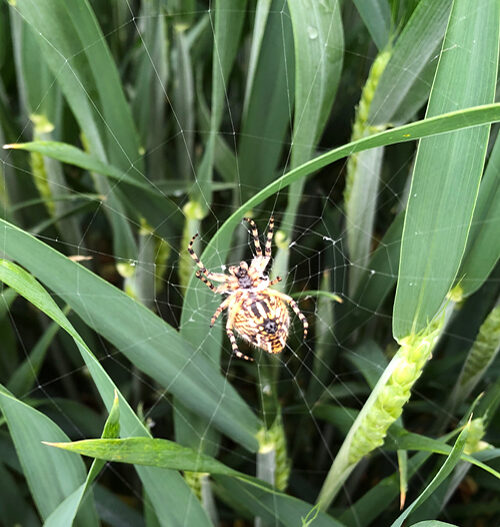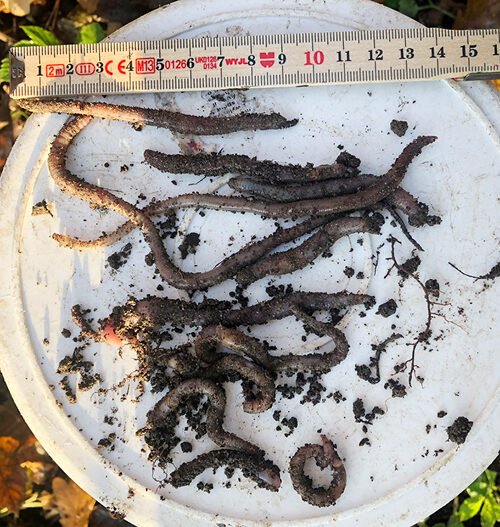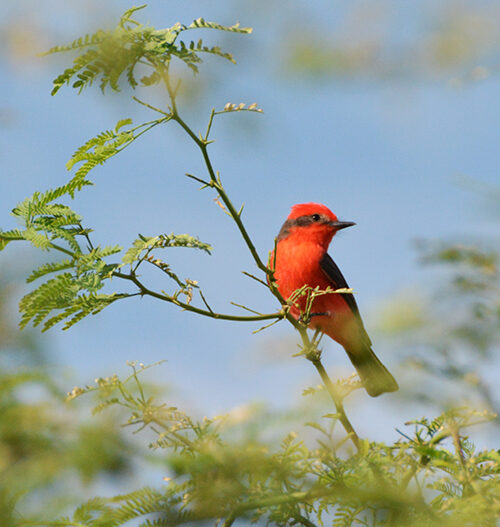Bees and pollinators
Pollination is an essential service provided by nature with one third of all food and beverages estimated to be delivered in-part thanks to pollinators.
The western honeybee (Apis mellifera) is the world’s most identifiable pollinator. However, most pollination is done by other insects including moths, flies, wasps, beetles, butterflies and over 20,000 species of bumble and solitary bees.
Pollinators, like all insects, are increasingly under threat on multiple fronts with climate change, deforestation, agricultural intensification, introduced species, urbanisation, pollution and nutrification all contributing to decreases in pollinator abundance and diversity of species.
Ingleby Farms is protecting and enhancing populations of pollinators on-farm by increasing habitat and reducing impact.
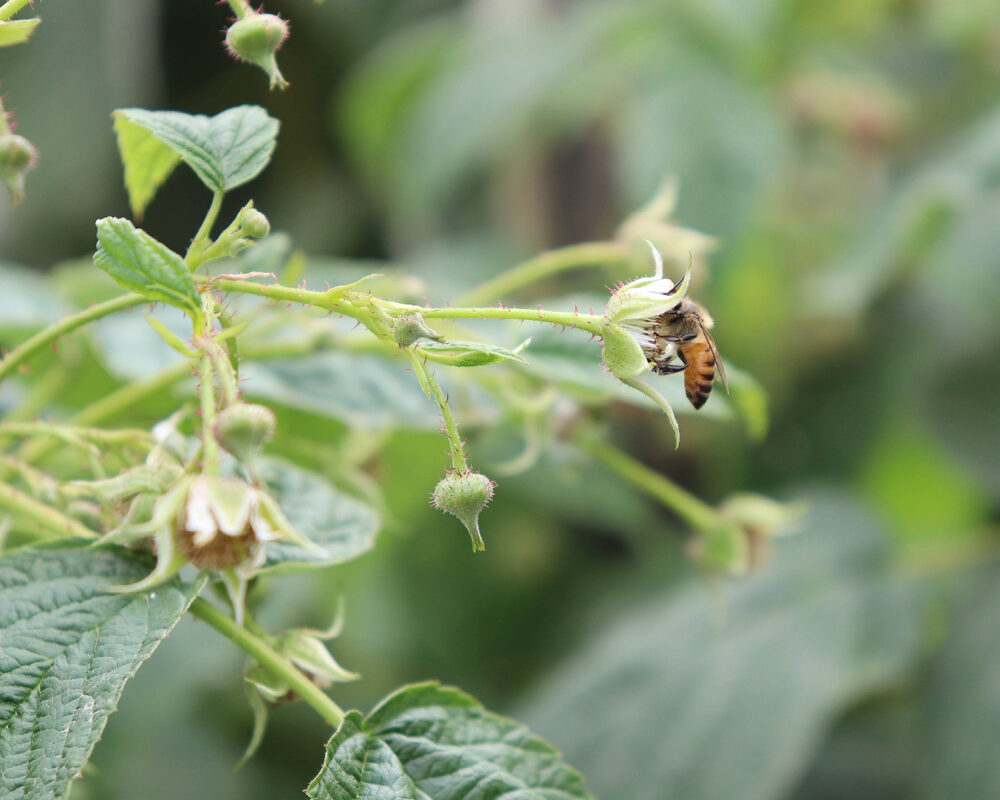
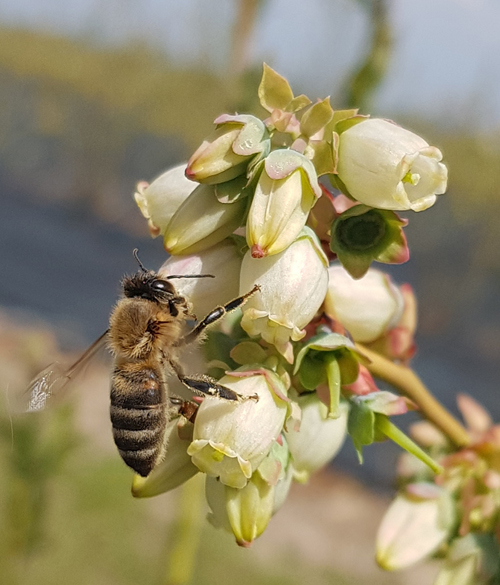
Increasing habitat area
Pollinators require access to a reliable supply of high-quality feed, freshwater and shelter in the form of diverse habitats and pollinator friendly plantings.
Protecting a diverse range of natural habitats such as forests, meadows and scrub- land on-farm directly supports healthy pollinator populations.
We improve areas of low diversity by increasing green spaces and creating microhabitats by retiring field margins to grow a mixture of insect and pollinator friendly plantings (wildflowers, bushes, trees etc.) which ensure year-round pollen and nectar supply on-farm for all pollinators.
Reducing impact
We reduce pesticide use by using Integrated Pest Management (IPM), which benefits pollinators. IPM emphasises the least possible disruption to agroecosystems through frequent crop assessments to identify pest species early, rather than precautionary blanket application, utilising both natural pest control methods and targeted insecticide applications to reduce impacts to non-target species.
Reducing pollution and nutrification from agricultural fertilisers also benefits pollinators as many rely upon vegetation which is adapted to low nutrient conditions. Like IPM, frequent soil testing and precision fertilisation technolo- gies increases the efficiency and accuracy of fertiliser applications, reducing adverse impacts on pollinators.


